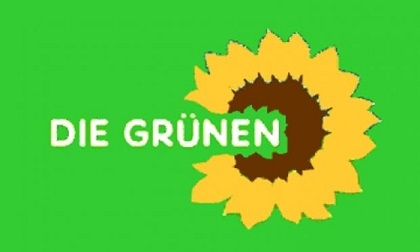Nuclear Reactors 709 - Eighteen Nuclear Reactors Operating In The European Union Do Not Have Valid Licenses
I have often mentioned the long and arduous process that is required to license a nuclear power plant in the U.S. The European Union has its own strict licensing process. Therefore, I was quite surprised to learn recently that there are eighteen operational nuclear power plants in the European Union that do not have valid licenses.
Many of those plants should have had to file an Environmental Impact Assessment (EIA) according to a report created by the Green Party of Germany and Sylvia Kotting-Uhl, a nuclear expert. The German government has stated that it has no knowledge of which European nuclear power plants are currently operating without a transboundary EIA.
The purpose of an EIA is to detail the environmental consequences of major construction project. An EIA may identify less damaging alternatives. Netherlands, Bulgaria, Ukraine, Belgium, Finland, the UK, Sweden, and Switzerland are all operating illegal nuclear power plants. If any of these plants were fail an EIA after the publication of this report, the consequences faced by the country possessing the plant would be severe.
France contains fifty-eight pressurized water reactors. This reactor fleet generates seventy percent of France’s electricity. Many of them are categorized as “high-risk reactors” because they have been running for over thirty years. The recommended maximum age for a nuclear power reactor is about forty years. If any of these reactors fail an EIA, that rector would probably have to be shut down and France would have to buy electricity from another country to make up the temporary shortfall.
A nuclear power plant in the Mühleberg site in Switzerland is also categorized as particularly dangerous by an Austrian environmental watchdog group known as “Global2000”. Not only is it a high-risk reactor, but the whole power plant is similar in design to the Fukushima nuclear power plant that was destroyed in March of 2011.
Global2000 wrote a report that said, “In the event of a rupture of the nearby dam and consequent flooding, all pumps of this power plant could fail. This would lead to a core meltdown, one similar to the one seen in Fukushima.” The Mühleberg nuclear power plant is scheduled to be shut down in December of this year.
The U.N. has a Committee which is responsible for investigations into the proper operation of nuclear power plants. Currently, this Committee is studying several European Union reactors which are said to have been approved without an EIA.
Europe is composed of many small to medium sized countries. Some of these countries are operating nuclear power plants. If and when there is a major accident at any power plant in any country, it is quite likely that one or more of its neighbors will be downwind and subjected to fallout from the accident. It is critical in such a situation that there be transboundary EIA developed for every single nuclear power plant in the European Union. It is not possible to stop every possible accident from happening but transboundary EIAs can at least help countries to be prepared for the worst.
